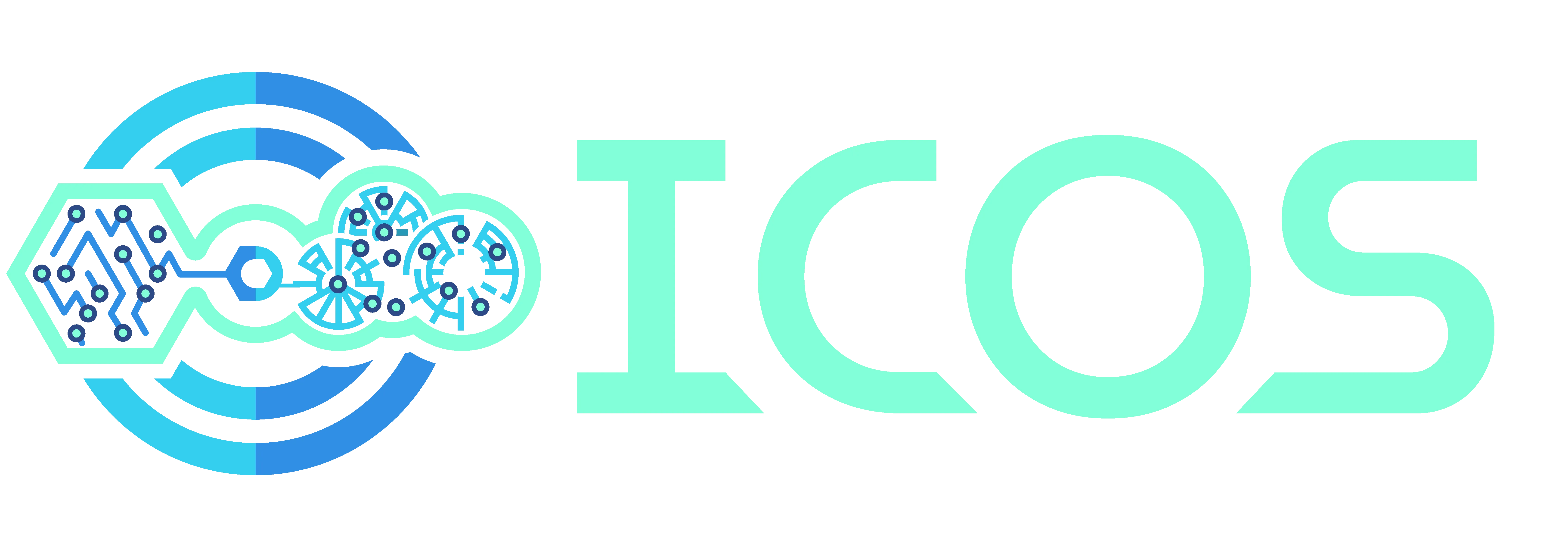Artificial Intelligence layer as a Service (AIaaS)
An AI as a Service (AIaaS) framework is a comprehensive suite of cloud-based services, tools, and infrastructure that enables individuals and organizations to leverage artificial intelligence capabilities without the need to invest in and manage the underlying hardware, software, and personnel [1][3].
Simply put, you're hiring AI capabilities instead of building a dedicated AI team and infrastructure. These frameworks typically offer a variety of pre-built AI models, machine learning algorithms, natural language processing tools, computer vision services, and development environments accessible through APIs (Application Programming Interfaces) or user-friendly interfaces [1][2].
To empower MetaOS and ICOS user layers with intelligent capabilities, we require an open-source, scalable, and technology-agnostic Python framework to deliver intelligence to MetaOS and user layers within ICOS. This framework will power a deployable AIaaS across the ICOS continuum. The AIaaS will orchestrate AI/ML workloads across distributed environments, providing tailored AI models for real-time metric forecasting, predictive analytics, data monitoring, and federated intelligence spanning heterogeneous edge devices and servers.
The AIaaS will also integrate MLOps tools for model monitoring, tracking, and optimization techniques like pruning and quantization, alongside features for AI explainability, model management, and reuse. The main objective is to democratize AI, making its capabilities easily accessible and cost-effective for organizations of all sizes, enabling seamless integration and enhancing their current infrastructure with leading-edge AI/ML solutions[2][3].
The figure at the botom of this page shows the AIaaS framework, outlining its various services and its relationship with the ICOS MetaOS.
Key Benefits of using an AIaaS framework:
- Cost-Effectiveness: AIaaS significantly reduces the upfront costs associated with building and maintaining in-house AI infrastructure, including hardware, software licenses, and specialized personnel.
- Access to Cutting-Edge Technology: AIaaS offers services with the latest advancements in AI, including state-of-the-art models and algorithms. This allows users to leverage sophisticated AI capabilities without needing in-house expertise in every area.
- Scalability and Flexibility: AIaaS supports platforms that offer highly scalable resources. You can easily scale your AI usage up or down based on your needs without significant infrastructure changes. This flexibility is crucial for handling fluctuating workloads and adapting to evolving business requirements.
- Faster Development and Deployment: Many AIaaS frameworks provide pre-built models, automated machine learning (AutoML) tools, and simplified development environments. This accelerates the process of building, training, and deploying AI applications, reducing time-to-market.
- Customization and Adaptation: These frameworks offer flexible customization options, enabling organizations to create specific AI models that utilize their existing infrastructure and data, leading to more efficient software integration.
- Reduced Need for Specialized Skills: While AI expertise is still valuable, AIaaS platforms often provide user-friendly interfaces and pre-trained models that lower the barrier to entry for organizations without dedicated AI teams. No-code or low-code options further empower users with limited coding skills.
- Focus on Core Business: By outsourcing AI infrastructure and maintenance to AIaaS providers, organizations can focus their resources and efforts on their core business activities and strategic initiatives.
- Improved Productivity and Automation: AIaaS enables businesses to automate repetitive tasks, gain valuable insights from data, and enhance decision-making processes, predictive maintenance, ultimately leading to improved efficiency and productivity across various departments.
- Innovation and Experimentation: AIaaS provides a low-risk and cost-effective way to experiment with different AI technologies (MLOps) and explore new applications for AI within the organization, fostering a culture of innovation.
- Integration with Existing Systems: AIaaS solutions are often designed to integrate seamlessly with existing applications and workflows through APIs, making it easier to incorporate AI capabilities into current infrastructure.
- Access to Advanced Infrastructure: AI and machine learning workloads often require significant computing power, including specialized hardware like GPUs. AIaaS offers support to access this advanced infrastructure without the need for businesses to invest in it directly.
References:
[1]
“What is AIaaS? (AI as a Service).” Microsoft Azure, https://azure.microsoft.com/en-us/resources/cloud-computing-dictionary/what-is-aiaas. Accessed 22 May 2025.
[2]
Lins, Sebastian, et al. “Artificial intelligence as a service: classification and research directions.” Business & Information Systems Engineering, vol. 63, no. 2021, 2021, pp. 441–456. Artificial Intelligence as a Service, https://doi.org/10.1007/s12599-021-00708-w.
[3]
Syed, Naeem, et al. “Artificial Intelligence as a Service (AIaaS) for Cloud, Fog and the Edge: State-of-the-Art Practices.” Artificial Intelligence as a Service (AIaaS) for Cloud, Fog and the Edge: State-of-the-Art Practices, vol. 57, no. August 2025, 2025, p. 36. ACM Computing Surveys, https://doi.org/10.1145/3712016.


This project has received funding from the European Union’s HORIZON research and innovation programme under grant agreement No 101070177.


